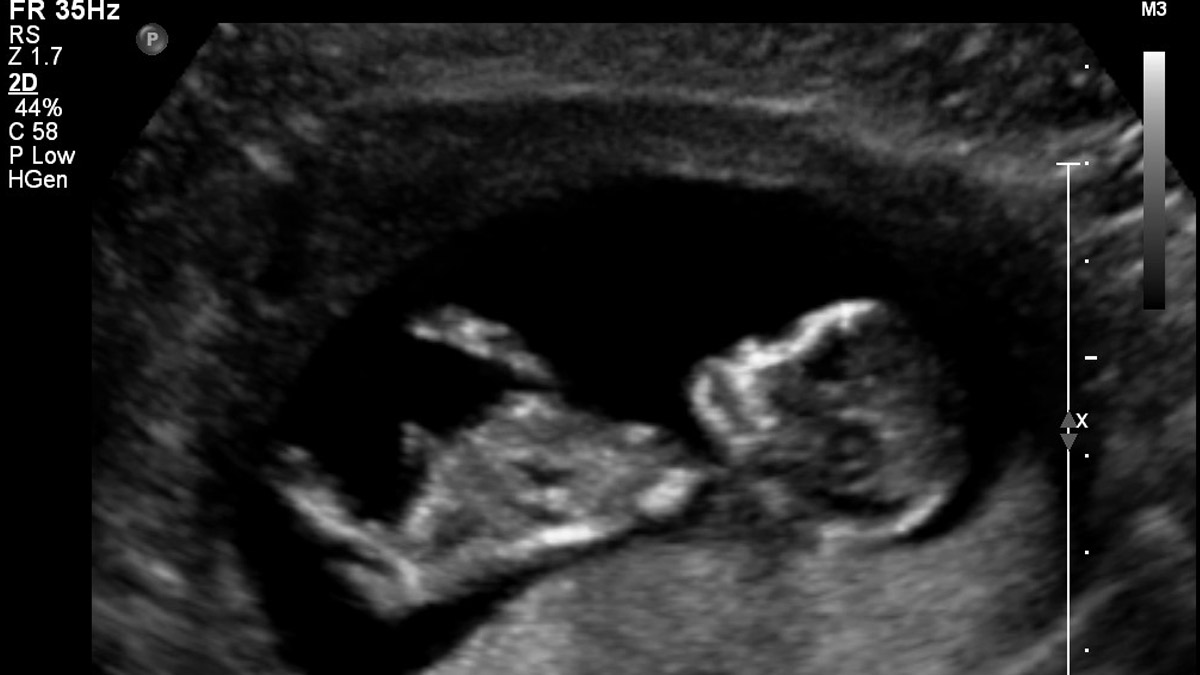
Recent research has revealed a significant link between a family history of endocrine diseases and an increased risk of pregnancy loss. This groundbreaking study, presented at the ESHRE 40th Annual Meeting in Amsterdam, emphasises the importance of considering familial endocrine conditions in the assessment of pregnancy loss risk. This comprehensive investigation involved 366,539 women in Denmark over nearly five decades, from 1973 to 2022, highlighting the influence of familial endocrine diseases on pregnancy outcomes.
Table of Content:-
The Study and Its Findings
The study focused on women with close relatives diagnosed with endocrine diseases such as type 2 diabetes, thyroid diseases, and polycystic ovary syndrome (PCOS). The findings were striking: women with parents who had endocrine diseases faced a 6% higher risk of pregnancy loss compared to those without a family history of such conditions. Similarly, if a woman's sister had an endocrine disease, her risk increased by 7%. These associations persisted even when individual cases of endocrine diseases were analysed separately.
Exploring the Mechanisms
The study's lead author, Dr Pia Egerup from Copenhagen University Hospital Hvidovre, suggested that a shared genetic background might link familial endocrine diseases and pregnancy loss. One potential mechanism could involve high-risk human leukocyte antigens (HLAs), which play a crucial role in the immune system's ability to differentiate between 'good' and 'bad' entities. Specific HLA types are known to be associated with several endocrine and autoimmune diseases and could also be linked to pregnancy loss.

Endocrine System and Its Disorders
The endocrine system, comprising a complex network of glands and organs, regulates various bodily functions through hormones. Dysfunction in this system can lead to hormone imbalances and improper hormonal responses, resulting in endocrine diseases. These diseases, such as type 1 and type 2 diabetes, PCOS, and thyroid disorders, have various causes and can significantly impact overall health.
Also Read: Dirty Cooking Fuels Threaten Infants In India, Says US Study
Broader Implications of the Study
Beyond identifying the familial link, the research also demonstrated a direct association between pregnancy loss and endocrine diseases. Women with endocrine diseases had a 15% higher risk of experiencing one pregnancy loss compared to those without such conditions. The risk increased to 30% for women with two losses and escalated to 81% for those with three or more losses. These statistics underscore the significant impact of endocrine diseases on pregnancy outcomes.
Psychological and Emotional Impact of Pregnancy Loss
Recurrent pregnancy loss affects 2-5% of women attempting to conceive, with nearly half of the cases remaining unexplained. The psychological and emotional toll of pregnancy loss is profound, with approximately 10% of affected couples experiencing moderate to severe depression. Additionally, feelings of anxiety, grief, guilt, and anger are common, further highlighting the need for comprehensive support and effective interventions.
Potential Preventive and Therapeutic Approaches
Understanding the shared mechanisms between pregnancy loss and endocrine diseases could lead to novel preventive and therapeutic strategies. Dr. Egerup emphasized the importance of healthcare providers considering family history when diagnosing and managing women with recurrent pregnancy loss. This approach could significantly improve patient outcomes and offer new avenues for preventing pregnancy loss.
Also Read: Health Minister Releases Guidelines To Delhi Hospitals Amid Spike In Dengue Cases
Expert Opinions and Future Directions
Professor Dr. Carlos Calhaz-Jorge, Immediate Past Chair of ESHRE, highlighted the study's implications, stressing the importance of taking detailed family histories for pregnant women. This information could inform potential preventive measures and contribute to better pregnancy outcomes. The study's abstract will be published in Human Reproduction, a leading reproductive medicine journal, further disseminating these crucial findings to the medical community.
Bottomline
The research presented at the ESHRE 40th Annual Meeting marks a significant advancement in understanding the factors contributing to pregnancy loss. By establishing a link between familial endocrine diseases and pregnancy loss, this study paves the way for more comprehensive assessments and interventions. Healthcare providers are encouraged to consider family history as a vital component in the management of pregnancy loss, potentially leading to improved preventive and therapeutic approaches.
Also watch this video
How we keep this article up to date:
We work with experts and keep a close eye on the latest in health and wellness. Whenever there is a new research or helpful information, we update our articles with accurate and useful advice.
Current Version